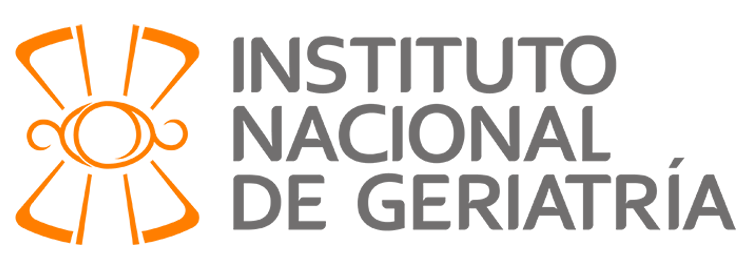


Please use this identifier to cite or link to this item:
http://repositorio.inger.gob.mx/jspui/handle/20.500.12100/17267| Title: | The relationship between gender roles and self-rated health: A perspective from an international study |
| metadata.dc.creator: | Megan Willerth Tamer Ahmed Susan P. Phillips MARIO ULISES PEREZ ZEPEDA Maria_Victoria Zunzunegui Mohammad Auais |
| Keywords: | MEDICINA Y CIENCIAS DE LA SALUD;Ciencias médicas;Ciencias clínicas;Geriatría;Personas mayores;Elderly;Envejecimiento;Aging;Roles de genero;Gender roles;Salud auto evaluada;Self-rated health |
| metadata.dc.date: | 2020 |
| Publisher: | Elsevier |
| Description: | Abstract Objectives To examine the relationship between gender roles and self-rated health in older men and women from different contexts. Methods 2002 community-dwelling older adults from the International Mobility in Aging Study were recruited from 5 research sites. Gender role was measured with the 12-item Bem Sex Role Inventory, which categorized study participants into four gender roles: Masculine, Feminine, Androgynous, and Undifferentiated. Self-rated health was collapsed into a dichotomous variable (Very Good/Good and Fair/Poor/Very Poor). Prevalence risk ratios (PRR) of self-rated health relative to gender roles were estimated with Poisson regression models adjusted for all relevant confounders. Results After complete adjustment, feminine (PRR 1.22 (95 % CI 1.01–1.49)) and undifferentiated (PRR 1.25 (95 % CI 1.05–1.50)) gender roles were associated with poorer relative self-rated health. Discussion Gender roles confer independent risks and benefits for self-rated health in older adults. |
| URI: | http://repositorio.inger.gob.mx/jspui/handle/20.500.12100/17267 |
| Appears in Collections: | 1. Artículos |
Files in This Item:
| File | Description | Size | Format | |
|---|---|---|---|---|
| Archives of Gerontology and Geriatrics (0167-4943) Vol. 87 (2020).pdf | 550.55 kB | Adobe PDF | View/Open |